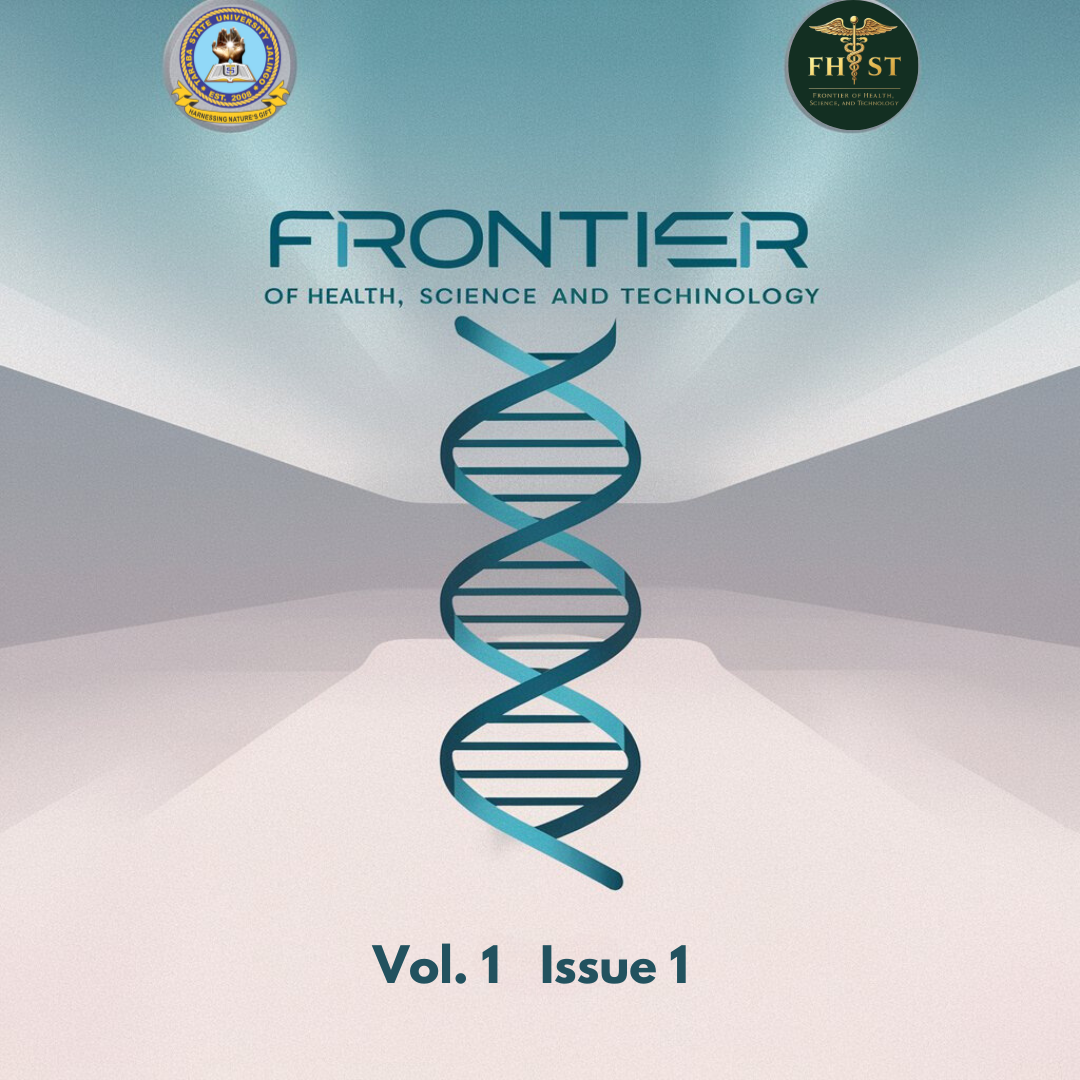KNOWLEDGE OF DRUG-RESISTANT TUBERCULOSIS (TB) AMONG TB PATIENTS ATTENDING PHCCs IN JALINGO: IMPERATIVE FOR BOOSTING ADHERENCE AND COMPLIANCE FOR EFFECTIVE CONTROL OF DRUG-RESISTANT TB IN TARABA STATE, NIGERIA
Keywords:
Tuberculosis, Drug-resistant, TB-Patients, MDR-TBAbstract
The continuing spread of drug-resistant tuberculosis (TB) is one of the most urgent and difficult
challenges facing global TB control. Patients who are infected with strains resistant to isoniazid
and rifampicin, called multidrug-resistant (MDR) TB, are practically incurable by standard firstline treatment. The main causes of the spread of resistant TB are weak medical systems,
amplification of resistance patterns through incorrect treatment and transmission in communities
and facilities. This study aimed at assessing the knowledge of TB patients on direct observation
therapy program towards multidrug-resistant tuberculosis in health Centre’s of Jalingo metropolis,
Taraba State. Tuberculosis patients' overall knowledge of drug-resistant tuberculosis was
evaluated using a structured questionnaire which was analyzed using Statistical Package for Social
Sciences (SPSS). The study found that 129 TB patients representing 57.6% of patients assessed
scored below the mean, and thus had poor knowledge about drug-resistant tuberculosis.
Multivariate analysis showed a significant association of overall knowledge with educational
status as those with tertiary level educational status had more likeliness of good knowledge
compared to the illiterate patients. Female TB patients were 1.6 times more likely to have good
knowledge than males. There is a need for open health campaigns to enlighten the general populace
on the risk of MDR-TB.


